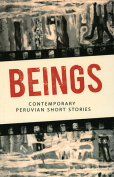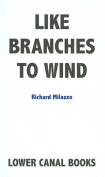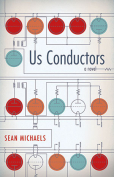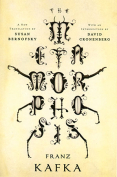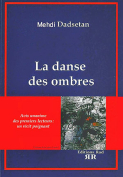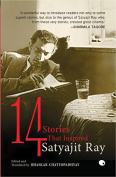Us Conductors by Sean Michaels
Portland, Oregon. Tin House Books. 2014. ISBN 9781935639817
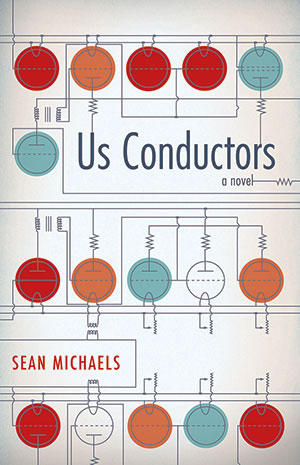 Highly regarded as an influential writer and critic in the world of independent music, Sean Michaels writes his first full-length work of historical fiction about a strange, warbling electronic instrument known as the theremin and its prolific inventor, Lev Sergeyvich Termen. Writing about music is what Michaels does best. It comes as no surprise to those who follow his Montreal-based Mp3 blog Said the Gramophone that his debut novel would look back on the origins of electronic music and render an utterly remarkable story one that truly sings.
Highly regarded as an influential writer and critic in the world of independent music, Sean Michaels writes his first full-length work of historical fiction about a strange, warbling electronic instrument known as the theremin and its prolific inventor, Lev Sergeyvich Termen. Writing about music is what Michaels does best. It comes as no surprise to those who follow his Montreal-based Mp3 blog Said the Gramophone that his debut novel would look back on the origins of electronic music and render an utterly remarkable story one that truly sings.
The opening chapter of Us Conductors introduces readers to both inventor and invention. Termen is an early-twentieth-century Russian scientist who specializes in electromagnetism and music theory. The theremin is his finest achievement, a small wooden box with two metal antennas that, when a practiced musician holds his or her hands in near proximity, can produce a steady electric murmur: DZEEEEOOOoo. Termen himself narrates, “[A]lways you are standing with your hands in the air, like a conductor. That is the secret of the theremin, after all: your body is a conductor.”
Readers can tell Termen has no trouble at taking joy in his own writing. In the first part, for example, he narrates from a lonely prison cell on a ship bound for Soviet Russia, writing his story in the form of letters to a young violinist named Clara Rockmore. He adores and idealizes her, even after she has married another. (One thinks of Nabokov.) The story that Termen tells is not an exact account of his past but another one of his marvelous inventions. He reminisces about his short-lived yet picture-perfect years in New York City, dancing with Clara in the finest and most exclusive nightclubs and hosting drunken cooking parties with celebrities like W. Somerset Maugham in Termen’s Upper West Side studio. These letters also explain how he was forced into becoming a spy for Soviet military intelligence and how he accidently killed a man with the wing chun kung fu he learned as a student in Leningrad. All the while, Termen explains, he thought of Clara—his one true love. The story of Lev Termen is so charming, perhaps because he is always courting his reader.
Recently awarded the 2014 Scotiabank Giller Prize, Us Conductors will please nearly any reader it comes across. While one may argue that the plot can, at times, become overly complicated, Michaels’ command of metaphor is undeniable. His words move, fight, and dance on the page. At one point, Termen remembers walking back to his apartment, finding Clara leaning against the door. He says, “You leaned like the hour hand on a clock.” With such poetic ease and inventive style, Michaels has composed a story you will surely want to read.
Blayze Hembree
Oklahoma City


